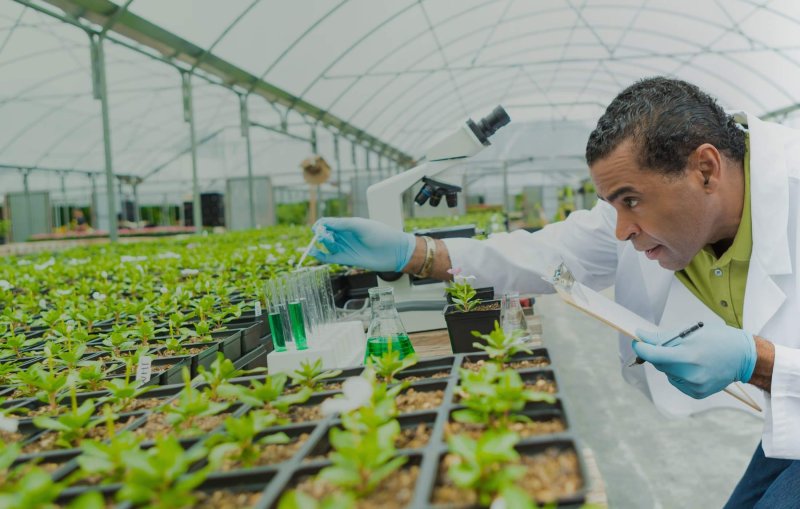Dutch Agriculture Minister Carola Schouten said recently that CRISPR gene editing is indispensable for making agriculture more sustainable. Using this new technology, scientists can modify the DNA of all kinds of organisms relatively easily.
In October last year, [the government said] “the Netherlands will commit itself in Europe to the application and admission of new breeding techniques” including CRISPR …. But this summer …. the European Court of Justice ruled on 25 July that [crop] varieties made with CRISPR technology fall under the European regulations for genetically modified organisms (GMOs).
…
The [government argued that the EU should] make an exception CRISPR-based techniques in European GMO legislation …. The Dutch government said that the CRISPR-Cas techniques are comparable to traditional plant breeding, but are much more precise. This means that breeders have more control over the end result and the process is therefore inherently safer than classical mutagenesis.
…
The question is whether the [2001 GMO] legislation still suffices with the arrival of new technologies with far greater possibilities and a different level of risk. A revision of the European GMO legislation is urgently needed …. It is not the technique that should determine whether or not there is a license obligation for genetically modified crops, but the properties of the end product ….
[Editor’s note: This article was originally published in Dutch. This summary was prepared with Google Translate and edited for clarity.]
Read full, original article: Get the crisis in the greenhouse































